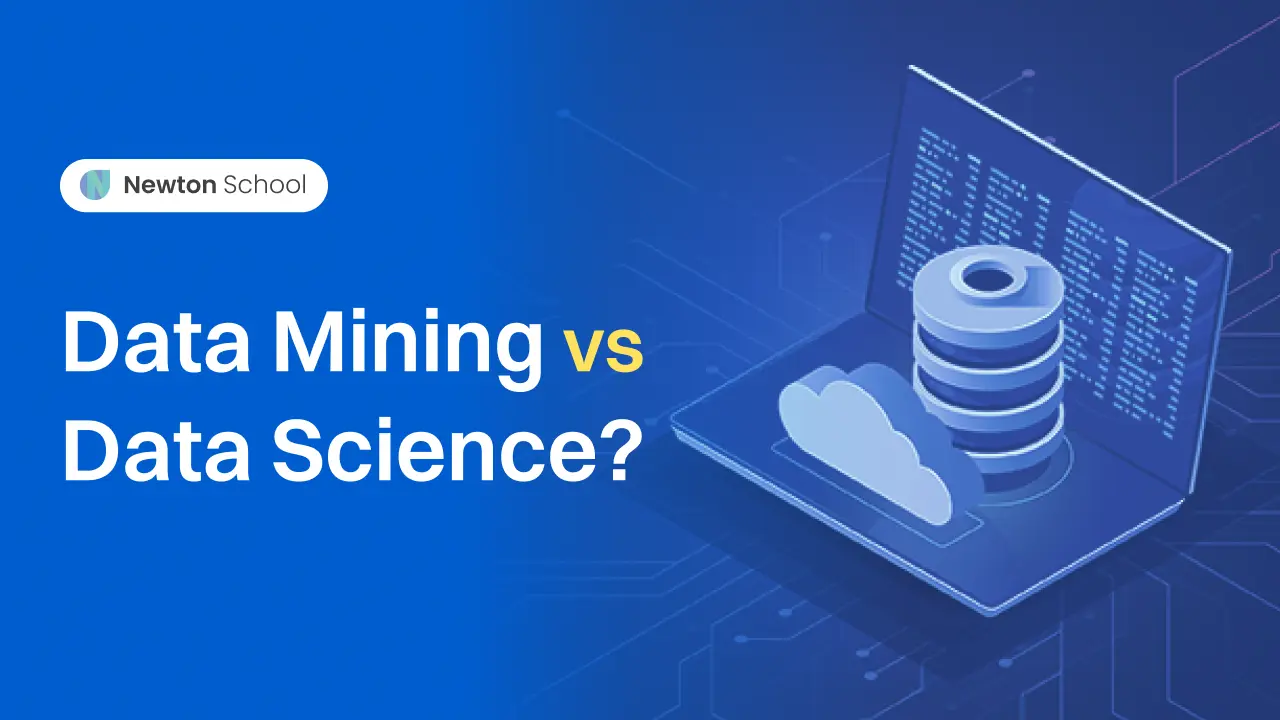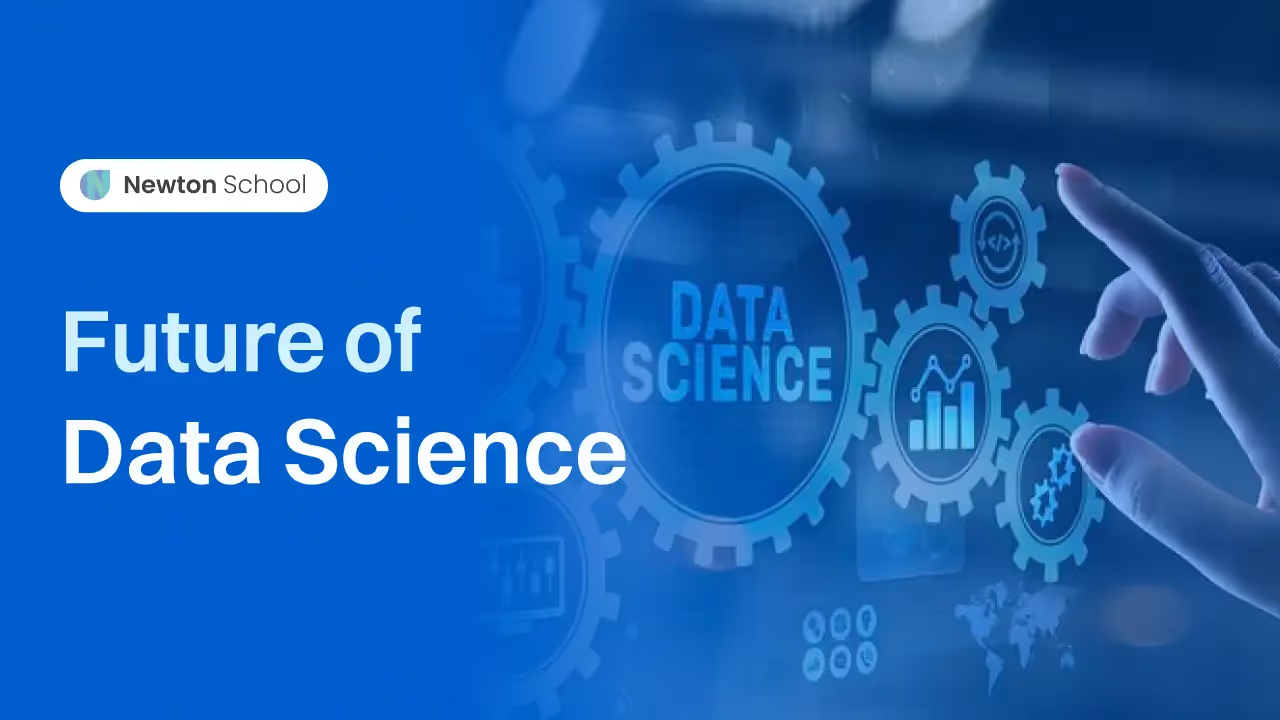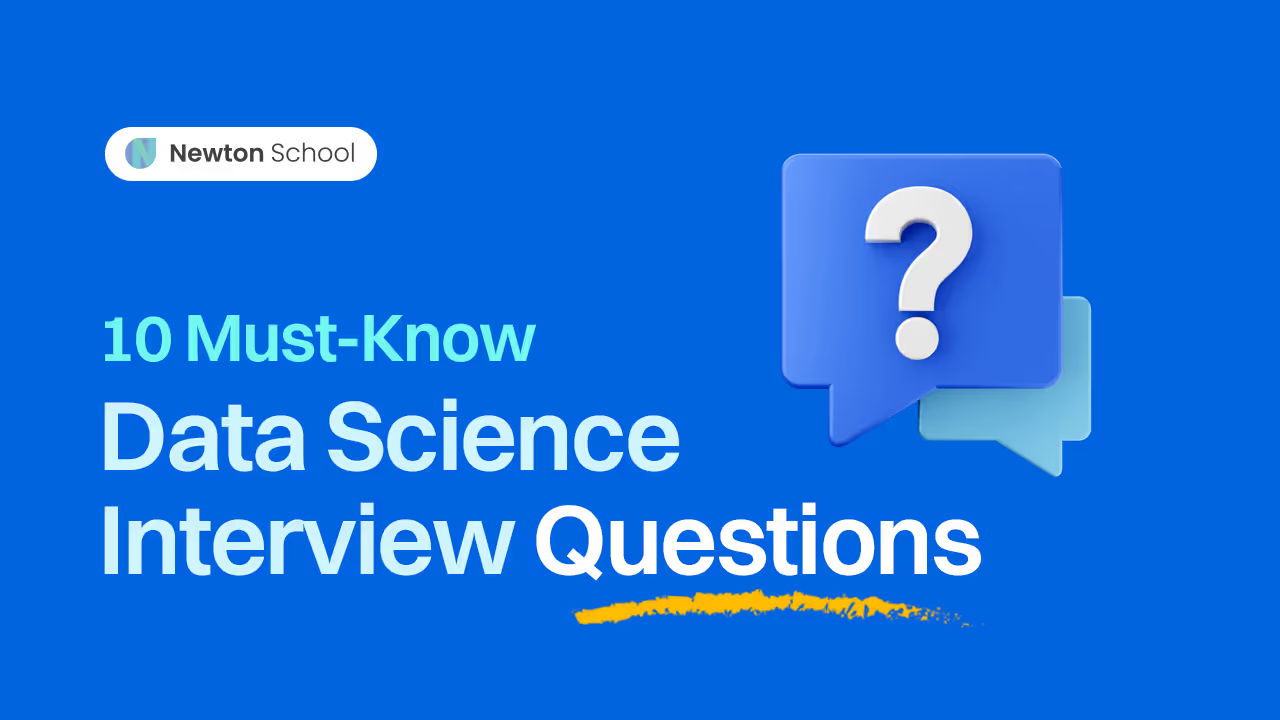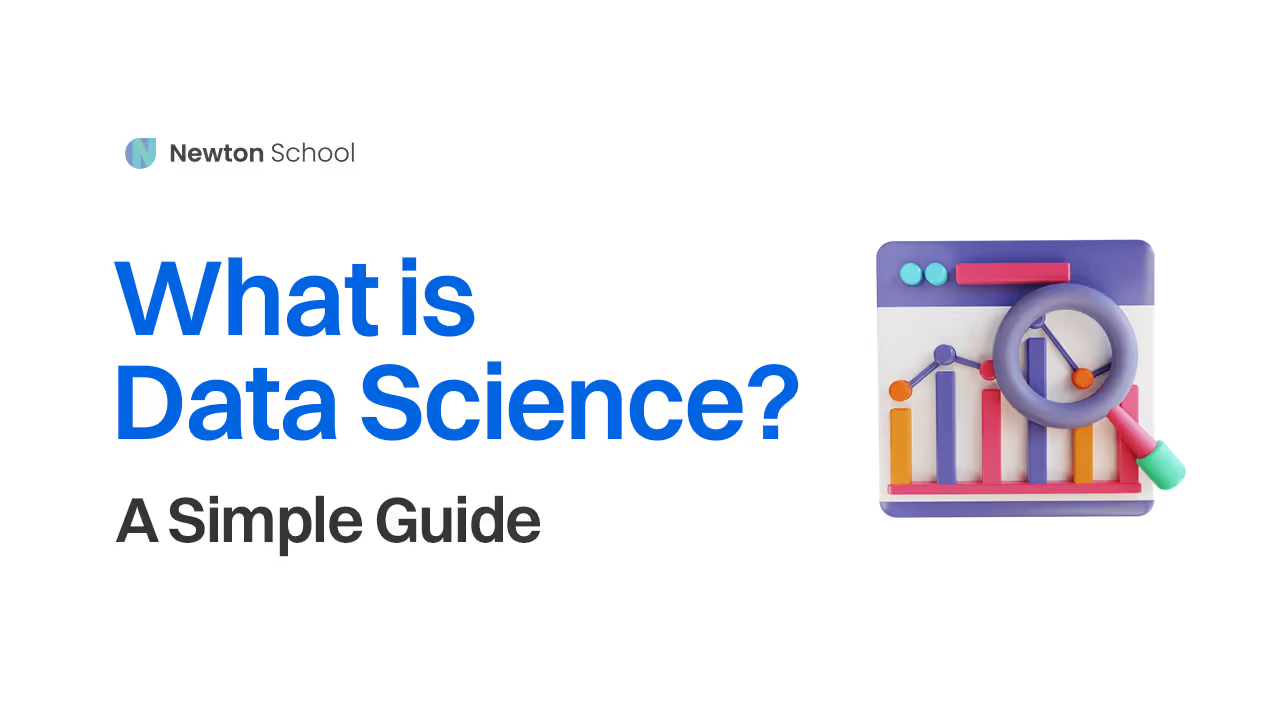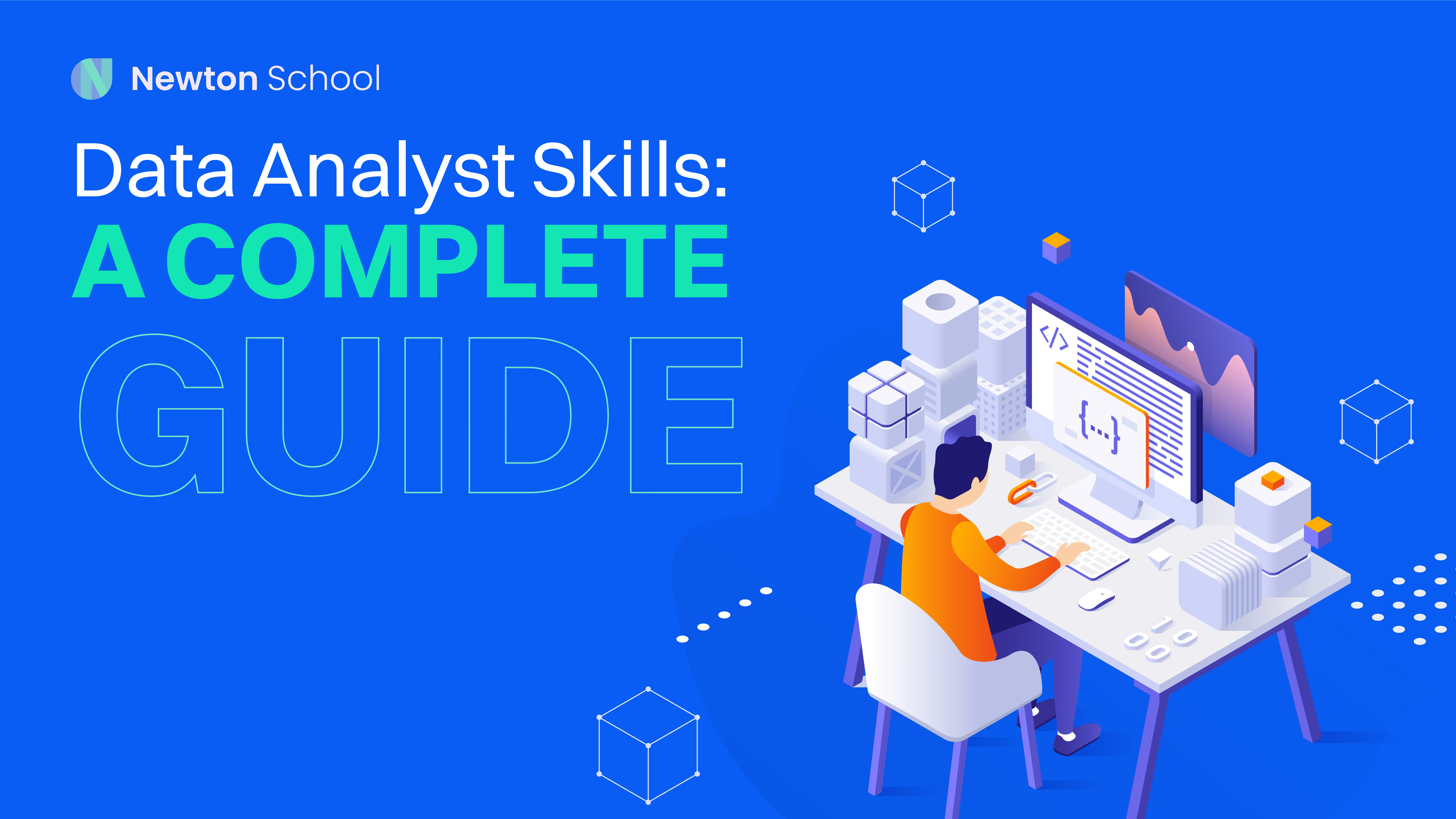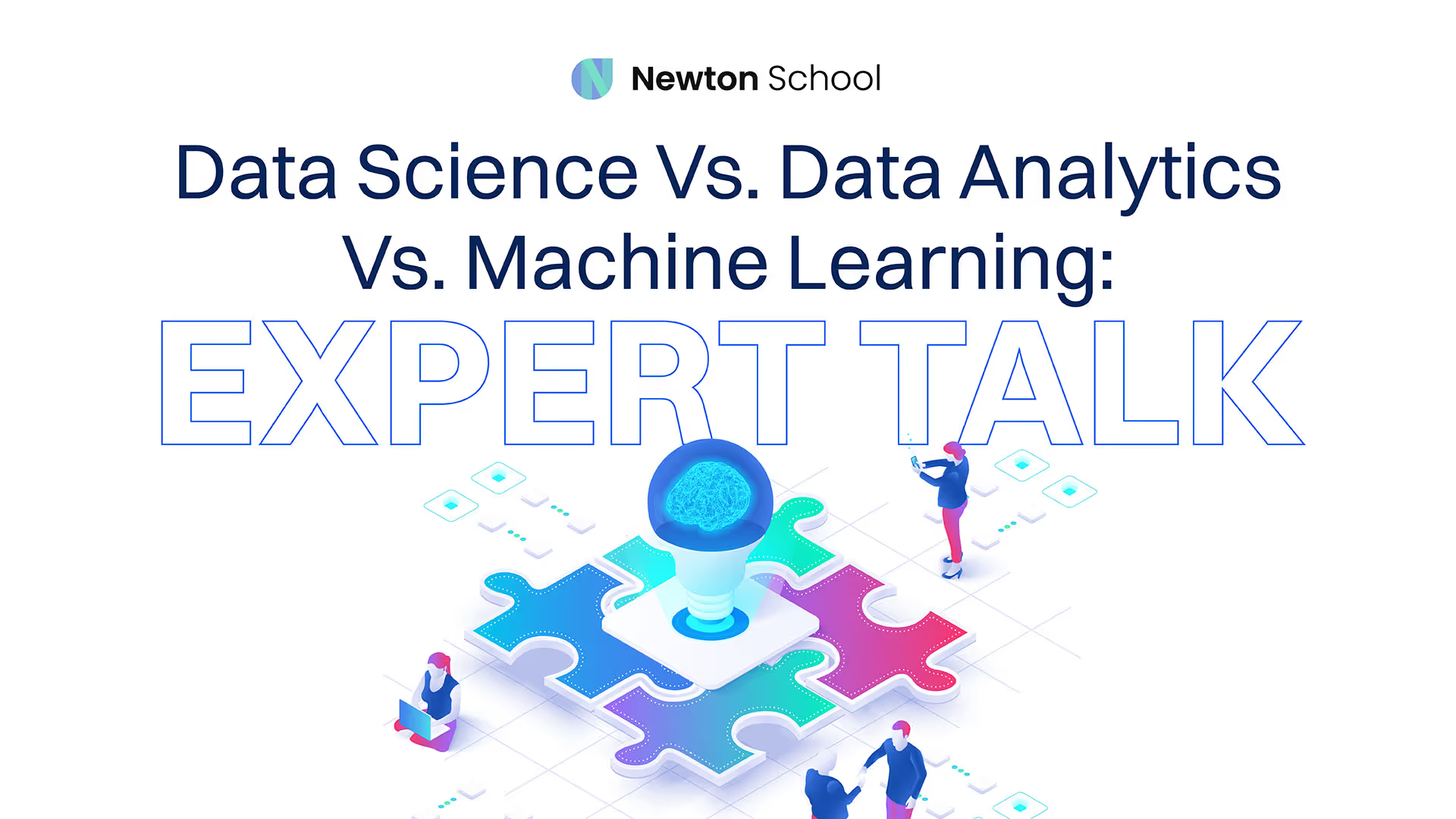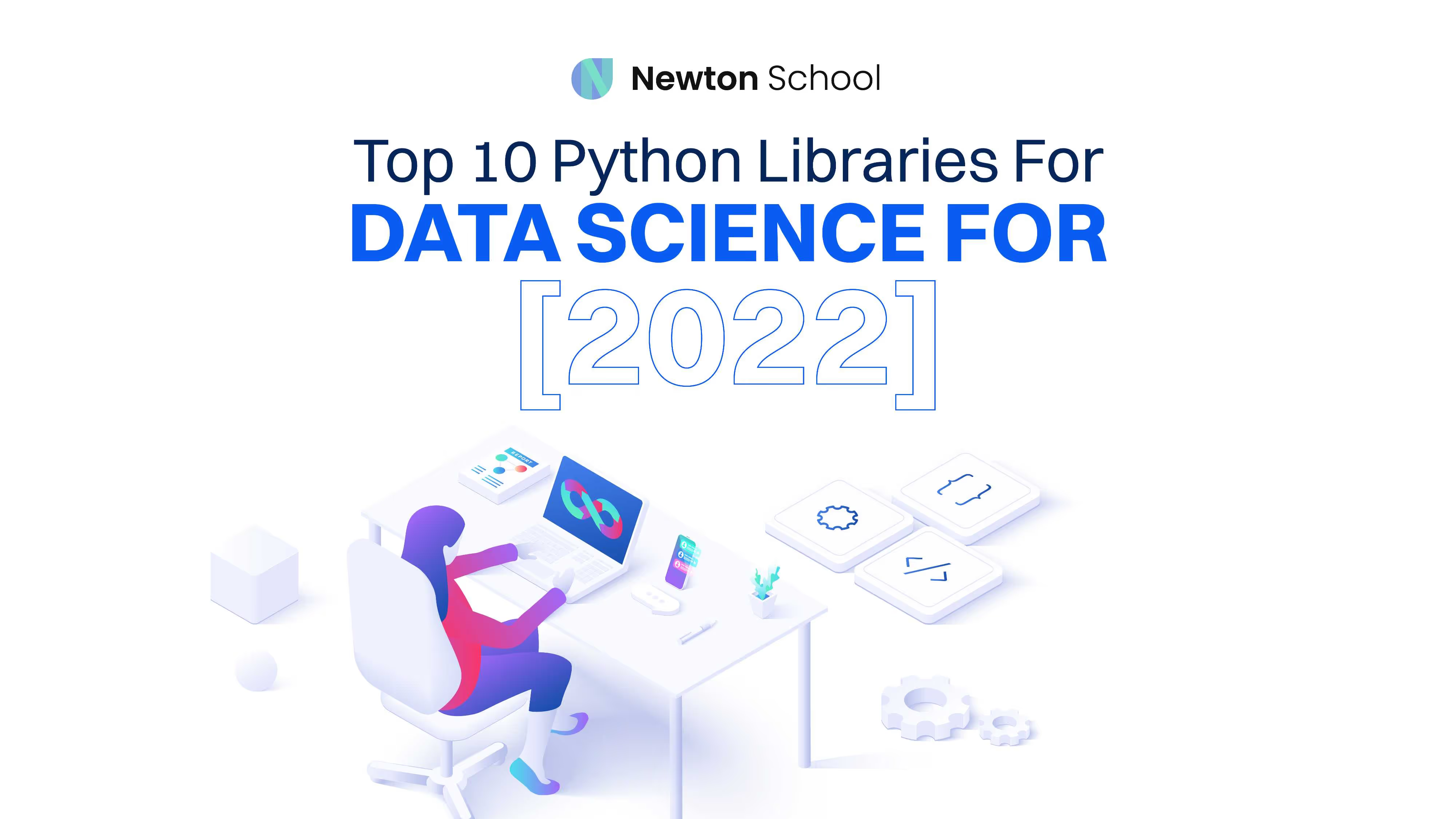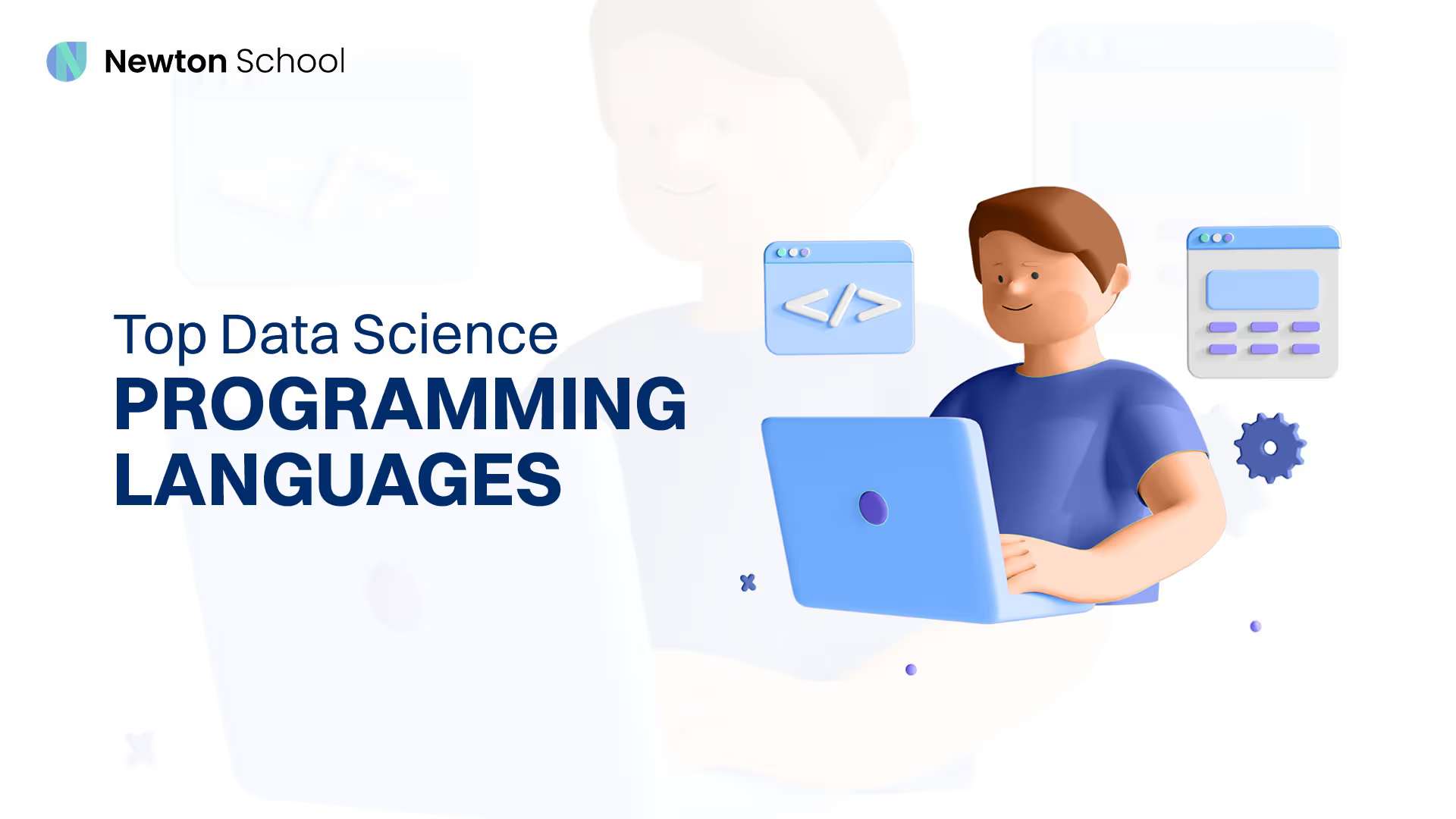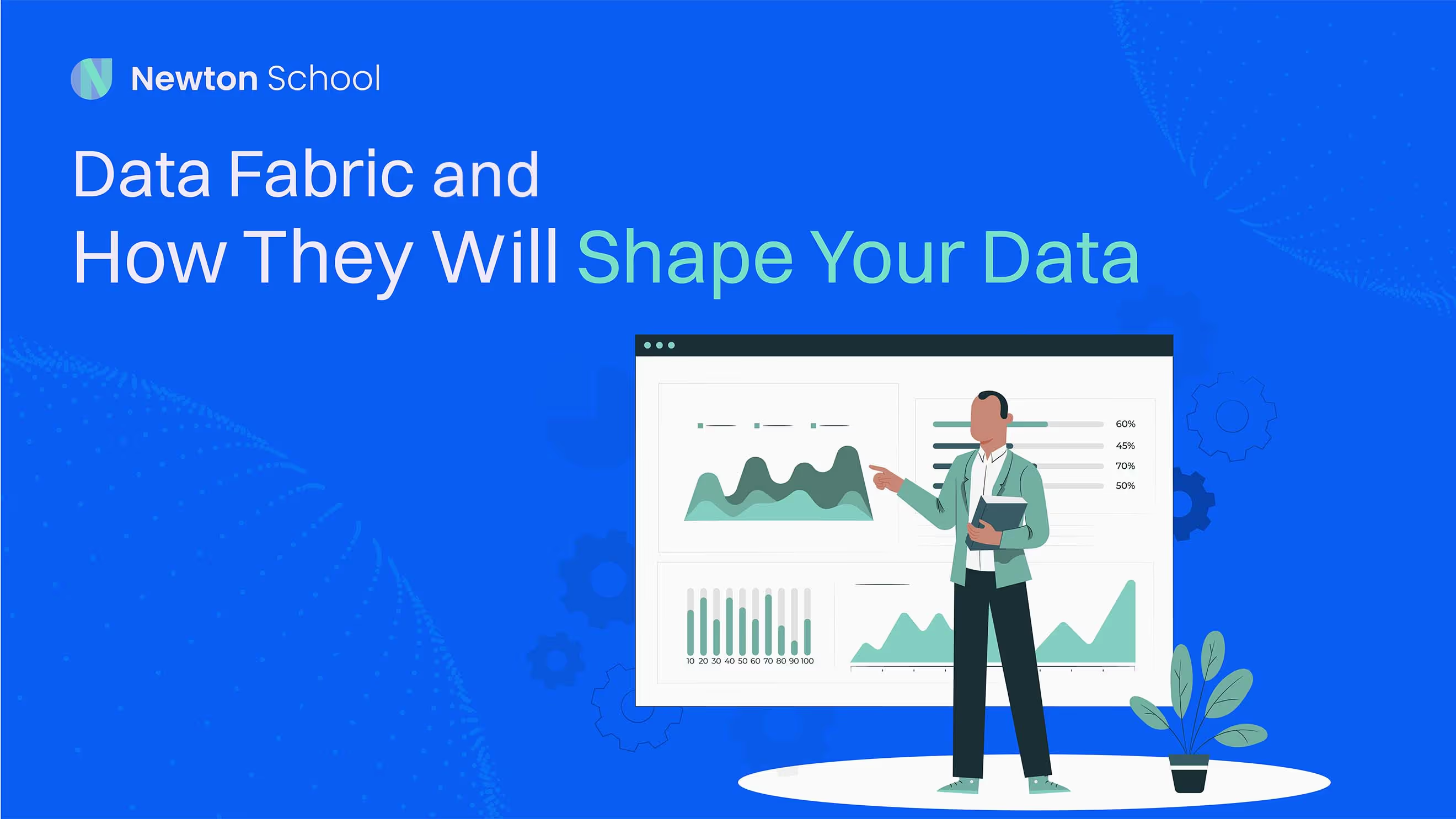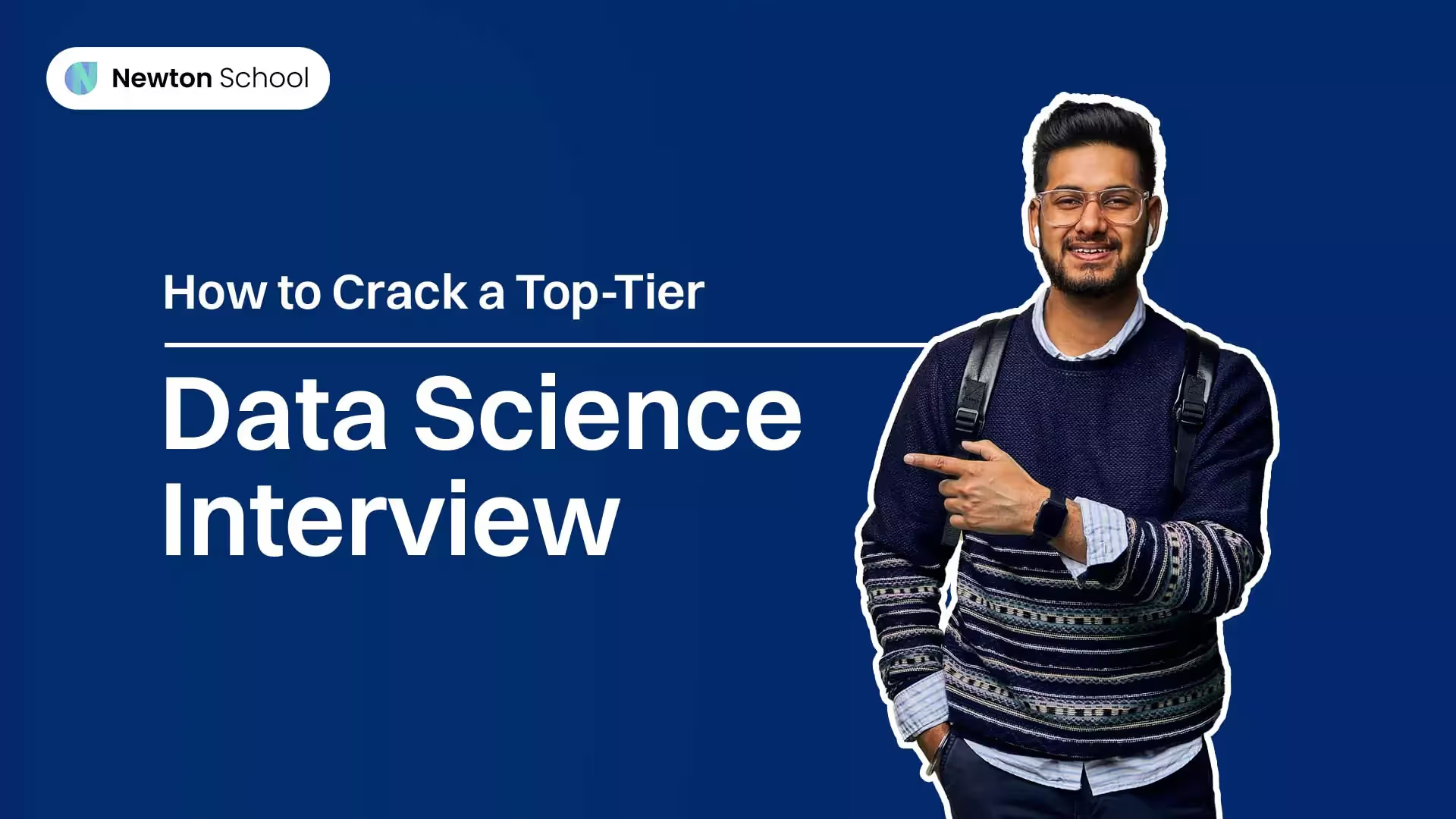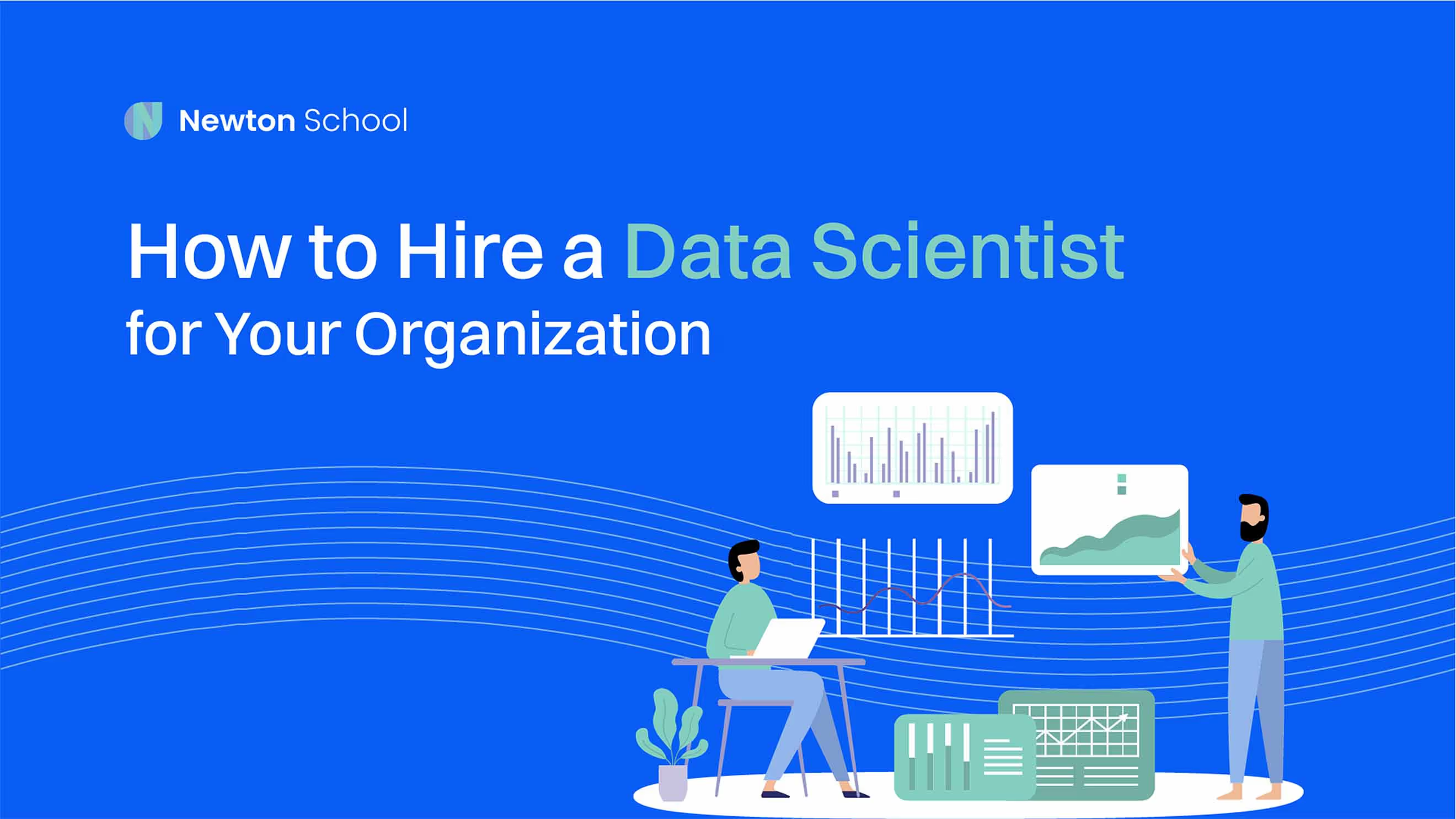
Business analytics and data science are two prevalent and in-demand fields. Both of these disciplines involve working with data to extract insights that can be used to make better decisions. But what exactly is the difference between data science and business analytics?
This article will take a closer look at the difference between data science and business analytics.
What is Business Analytics?
Business analytics is the statistical and analytical assessment of data to extract insights that can be used to improve business decision-making. Business analytics focuses on understanding past business performance to make better predictions for the future.
Business analysts use various techniques, including data mining, predictive modeling, and outlier detection. Business analytics is mainly concerned with structured data (data that has been collected and organized in a specific way). This can include things like financial data, customer data, sales data, etc.
What are the skills of a business analyst?
Some of the skills that are important in advanced business analytics are,
- Strong analytical and problem-solving skills
- The ability to communicate complex ideas clearly
- The ability to work with large amounts of data
- Strong statistical skills
What are the responsibilities of a business analyst?
The responsibilities of a business analyst can vary depending on the organization they work for, but some everyday responsibilities include:
- Collecting and cleaning data
- Exploring data to find patterns and insights
- Building predictive models
- Communicating results to decision-makers
- Deploying models into production
- Monitoring model performance over time
What are some of the challenges faced by business analysts?
Some of the challenges faced by business analysts include:
- Getting access to quality data
- Dealing with messy and incomplete data
- The need for strong technical skills
- The need for solid domain knowledge
- The challenge of communicating results to non-technical people
- The pressure to deliver results quickly
What is Data Science?
Data Science is a field that uses a variety of data-related methods and techniques to extract insights that can be used to solve real-world problems. Data science is a relatively new field and is often seen as an extension of business analytics. Data science and business analytics are inter-related with each other at some instances.
Data science in business uses various methods to analyze data, including machine learning, statistical modeling and data visualization. Unlike business analytics, data science is not limited to working with structured data. Data scientists can also work with unstructured data (data that has not been collected or organized in a specific way). This can include things like text data, images, and video.
What are the skills of a data scientist?
Some of the skills that are important for a data scientist include:
- Strong analytical, statistical, and problem-solving skills
- The ability to communicate complex ideas clearly
- The ability to work with large amounts of data
- The need to code in at least one programming language
- The ability to use data mining and machine learning techniques
What are the responsibilities of a data scientist?
The responsibilities of a data scientist can vary depending on the organization they work for, but some common responsibilities include:
- Collecting and cleaning data
- Exploring data to find patterns and insights
- Building predictive models
- Communicating results to decision-makers
- Deploying models into production
- Monitoring model performance over time
What are some of the challenges faced by data scientists?
Some of the challenges faced by data scientists include:
- Getting access to quality data
- Dealing with messy and incomplete data
- Updating technical skills and domain knowledge
- Communicating results to non-technical people
- Delivering quick results
Business Analytics Vs Data Science: Key Differences
Now that we have a better understanding of the two fields, let's take a look at some of the key differences between data science and business analytics:
So, which is better data science or business analytics?
The answer to this question depends on your specific goals and needs. If you are interested in understanding past business performance and making predictions for the future, then business analytics may be the better option for you. If you are interested in using data to solve real-world problems, then data science may be your better option.
It is also important to remember that these business analytics and data science are not mutually exclusive. In many cases, it may be beneficial to have business analytics and data science skills.
In conclusion, business analytics and data science are two very different fields. Business analytics has focused on understanding past business performance, while data science is more concerned with using data to solve real-world problems. Each field has its skills and responsibilities, and each faces unique challenges.
If you are interested in understanding past business performance and making predictions for the future, then business analytics may be the better option for you. If you are interested in using data to solve real-world problems, then career in data science may be your better option. In many cases, it may be beneficial to have good knowledge in both business analytics and data science.



